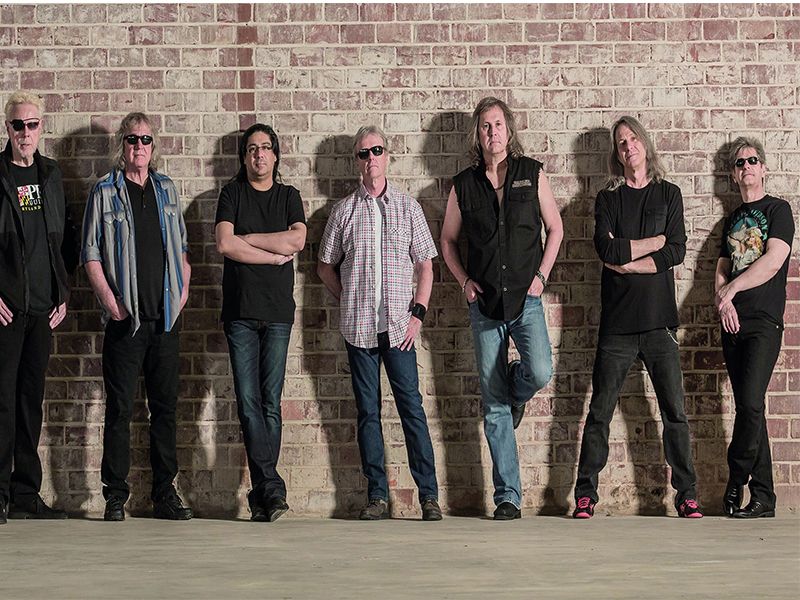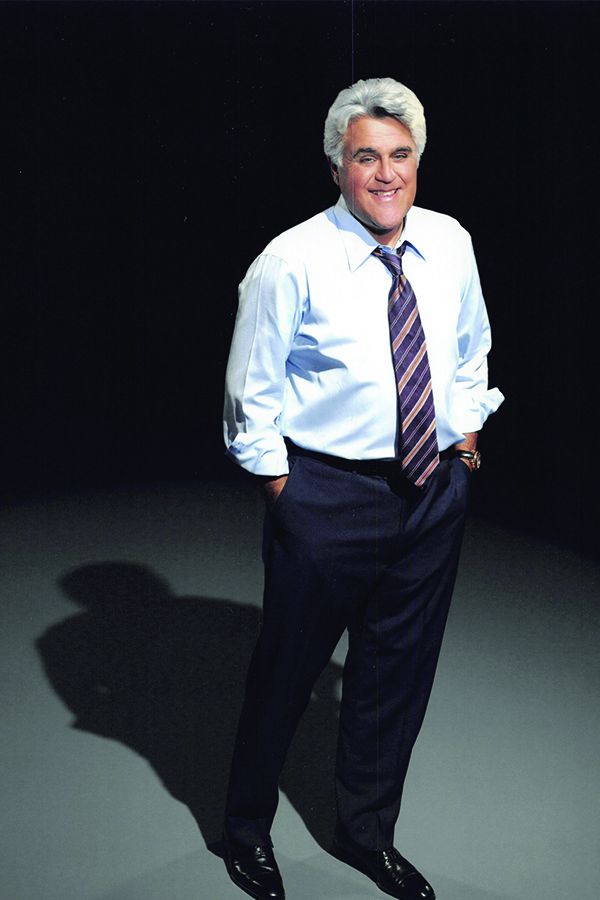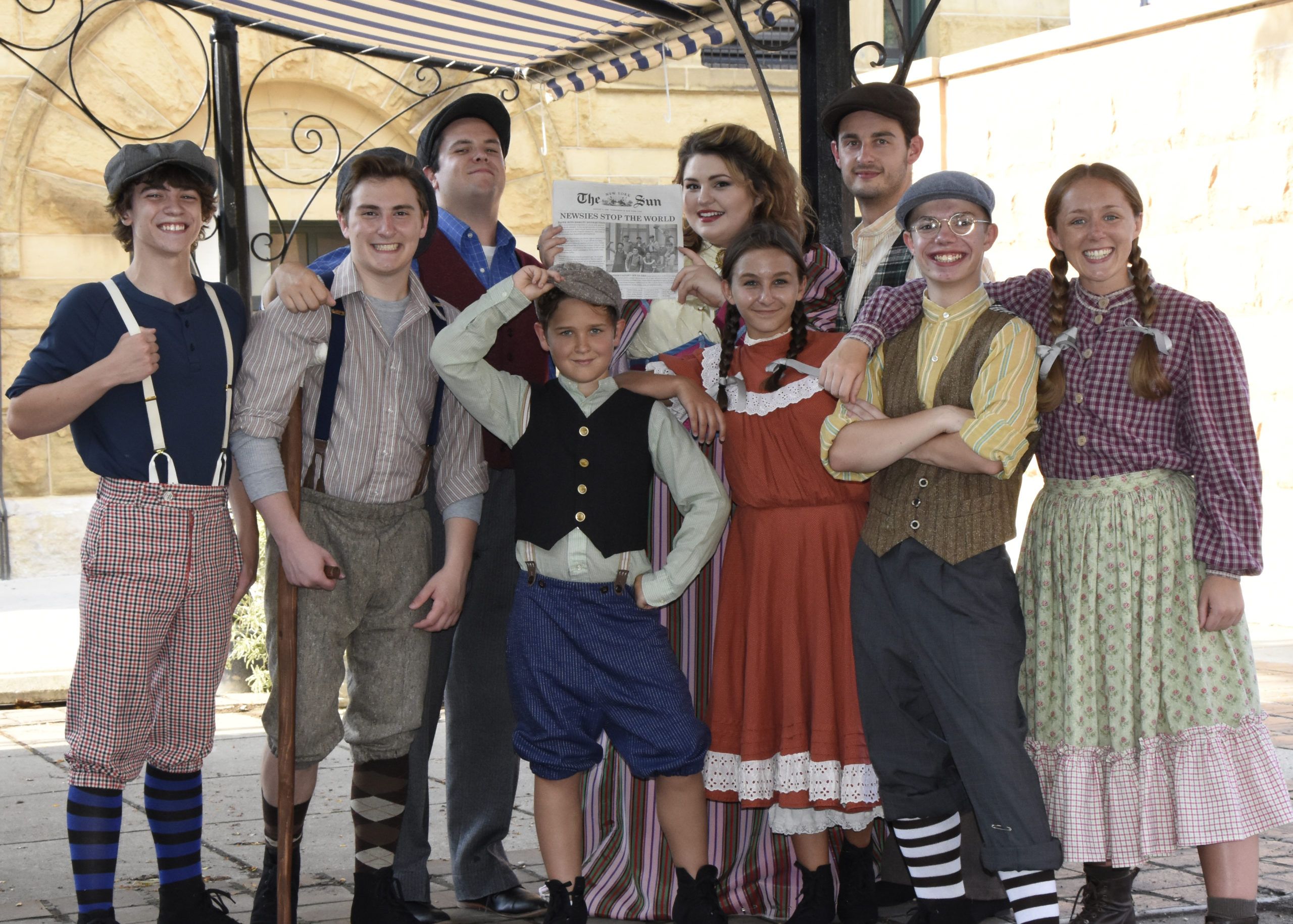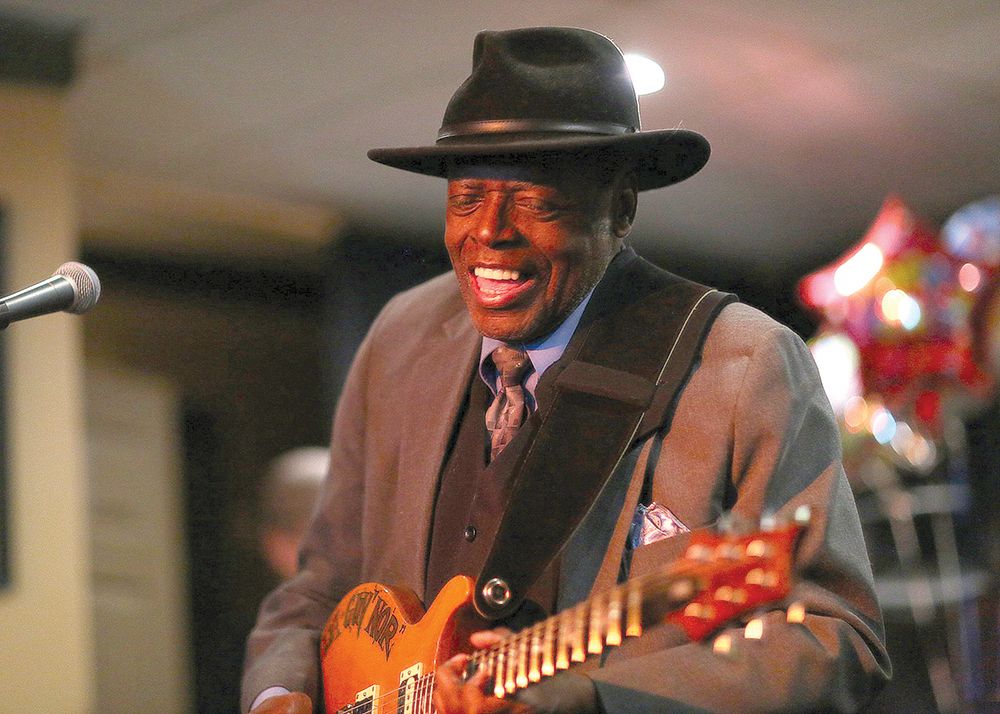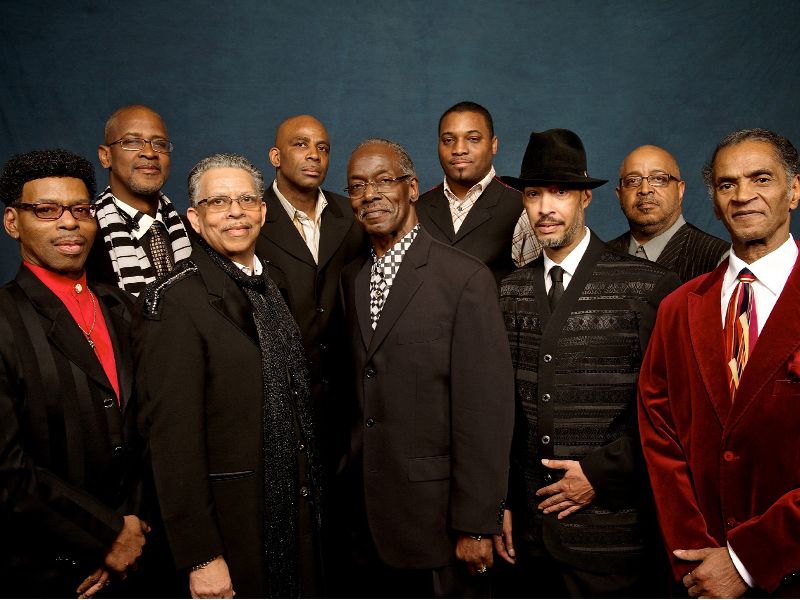With the exception of a four-year break in the early 1980s, the voice of Kansas — not to mention their iconic hits “Carry On Wayward Son” and “Dust in the Wind” — had been Steve Walsh. His return to the band in 1984 allowed the group to not only record with their stellar vocalist and keyboardist but also tap into their popularity for another three decades of touring.
With Walsh’s retirement in 2014 after 41 years as their front man, the question became: could Kansas continue with a new man on lead vocals?
The answer has been a resounding yes, and Kansas hasn’t missed a beat since the change. The transition was as seamless from within as it looked from the outside.
“It actually went smoothly,” said Billy Greer, bass player for Kansas since 1985. “We brought in a couple of people to replace Steve, actually, because in addition to his vocals, Steve is a fabulous keyboard player. We brought in David Manion to play the keys because Ronnie Platt is more of a front man.”
Once those changes were made, the band was locked and loaded in short order.
“We were pretty well-prepared in about 10 days,” Greer said. “Ronnie had always been a big Kansas fan and had learned all the parts by watching us on YouTube. Of course, we’d heard him sing with Shooting Star so we were big fans of his, too.”
Aside from the touring, Platt made his mark quickly with the 2016 release of The Prelude Implicit, the band’s 15th studio album. Produced by original Kansas members Phil Ehart and Richard Williams, the record allowed Platt to stake his own claim on the Kansas sound, providing them with original music to play in addition to the standards that Platt would now be covering.
But Platt’s arrival has meant more than that, allowing for work that neither Walsh nor original member and primary songwriter Kerry Livgren (who hasn’t been a permanent member of Kansas since the 1980s) weren’t interested in pursuing.
“Since Ronnie came, we’ve been playing three to four shows a week,” Greer said. “There’s a lot of travel involved, flying in and out of cities, and the performing. Steve couldn’t do it anymore. His voice just couldn’t take it. And in all fairness, we wouldn’t have been able to record the new album, which was our first new record in 16 years, if it weren’t for Ronnie because Steve didn’t want to write or record anymore, and Kerry wasn’t up for it.”
Greer also credits Zak Rizvi, who joined drummer Ehart and guitarist Williams as producer. Greer said Rizvi brought everyone together and made the resulting album a true collaboration. While happy that they have new music to perform, Greer concedes that there have been a lot of changes since they released their last studio album, Somewhere to Elsewhere, in 2000.
“The music business has changed, how you market and sell albums has changed. Now we have to use all the social media outlets to get the message out.”
In the last few years as the band promoted The Prelude Implicit, they have also celebrated a couple of significant milestones. Their Leftoverture 40th anniversary tour was a huge hit, allowing them to fill seats in casinos, fairs, and festivals around the country. Coming soon is the Point of Know Return 40th anniversary tour.
In the meantime, with a show that will bring them to Wabash’s Honeywell Center, Kansas celebrates their Classic Radio Hits with a tour sure to bring out every fan who has followed the band’s music for more than four decades. Aside from the big hits, favorite album cuts like “The Wall” and “Miracles Out of Nowhere” remind everyone why the group became ubiquitous in the late 1970s. With their tour schedule even busier since Platt joined the fray, working on the next album has been difficult.
“We started working on new material,” Greer said. “But the number of shows we’ve been doing each year went from 65 or 70 to 95 or more. Last year we were on the road for 230 days total, so we haven’t had the time.”
In addition to his work with Kansas, Greer has his own solo career. He said he owes his record company one more album which he hopes to tackle someday.
“It may be a couple of years down the road. Maybe it’ll be the crowning jewel of my career. Actually, Steve Walsh released a new album a couple of months ago. They kept prodding him until he was finally convinced to do it.”
For fans of the original lineup – which also included Robby Steinhardt on violin and Dave Hope on bass – the comings and goings of Kansas members have never been acrimonious, more the result of shifting musical interests. Steinhardt actually returned for a few years and Livgren still checks in from time to time.
Although Kansas have done some shows with symphony orchestras, for now the band is focused on its continued popularity on the road and plans to keep playing for the foreseeable future. Greer admits to growing somewhat weary of many of the challenges of touring, but he still enjoys picking up his bass and playing with his bandmates.
“The travel sucks,” he said. “I’m not one to go out there and explore that much anymore. But the 90 minutes up there playing are still fun. It’s great getting out there and playing music live in front of people and actually getting feedback from a crowd.”
